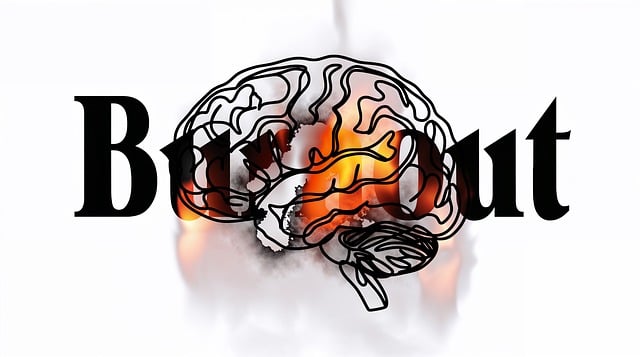Aurora Domestic Violence Therapy prioritizes risk assessment as a crucial component of client safety and therapist well-being. Through comprehensive evaluations, therapists identify past traumas, substance abuse risks, and suicidal ideation to guide crisis interventions and promote emotional resilience. This meticulous process enables tailored support for diverse clients, prevents burnout, and fosters cultural sensitivity, ensuring therapists can confidently navigate complex cases while maintaining the highest standards of care.
“In the sensitive field of mental health, risk assessment is an indispensable tool for professionals navigating complex client scenarios. This comprehensive guide explores the intricate process of evaluating risks within the context of mental health care. From understanding the legal and ethical considerations to identifying common risks, we delve into the key components essential for a thorough risk assessment.
Additionally, we provide practical strategies for effective risk management, ensuring professionals can offer quality care while prioritizing their well-being. For Aurora Domestic Violence Therapy professionals, this resource offers valuable insights to enhance client safety and foster healthier outcomes.”
- Here is a detailed blog post outline about Risk Assessment for Mental Health Professionals with three section headline titles:
- Understanding Risk Assessment in Mental Health:
- – Definition and Importance
Here is a detailed blog post outline about Risk Assessment for Mental Health Professionals with three section headline titles:

In the field of mental health, risk assessment is a cornerstone of effective practice, ensuring the safety and well-being of both clients and professionals. For Aurora Domestic Violence Therapy specialists, this process involves a nuanced understanding of various risks unique to their work, such as secondary trauma and emotional burnout. By implementing robust risk assessment protocols, therapists can anticipate potential challenges, mitigate harms, and foster a supportive environment that promotes healing.
This comprehensive guide delves into the intricacies of risk assessment for mental health professionals, exploring key considerations like client history, self-care practices, and positive thinking strategies. It equips practitioners with the tools to identify red flags, develop tailored interventions, and prioritize depression prevention measures. Drawing from best practices and real-world examples, this resource enables therapists to navigate complex cases with confidence, ensuring they remain equipped to provide quality care while safeguarding their own mental health.
Understanding Risk Assessment in Mental Health:

Risk assessment is a vital component of mental health practice, particularly in settings like Aurora Domestic Violence Therapy where professionals encounter diverse and often complex client situations. It involves systematically evaluating potential hazards and vulnerabilities to ensure the safety and well-being of both clients and practitioners. By implementing comprehensive risk assessment strategies, mental health professionals can identify and mitigate risks associated with various factors such as past traumatic experiences, substance abuse, or suicidal ideation.
This process is crucial for delivering effective Crisis Intervention Guidance while fostering Emotional Well-being Promotion Techniques. Through meticulous risk assessment, therapists can tailor their interventions, offer appropriate support, and implement strategies to enhance resilience. Moreover, by addressing underlying mental illness stigma reduction efforts, professionals can create a safe space, encouraging clients to openly discuss their struggles and embark on journeys towards recovery.
– Definition and Importance

Risk assessment is a vital process in mental health care, enabling professionals to identify and mitigate potential hazards that may impact their well-being and effectiveness. This involves a comprehensive evaluation of various factors unique to each individual therapist or counselor, such as their caseload, client demographics, and personal circumstances. At Aurora Domestic Violence Therapy, we understand the critical importance of this practice in ensuring the emotional well-being promotion techniques and self-care routine development for better mental health among our professionals.
By conducting thorough risk assessments, mental health practitioners can anticipate and address challenges related to work stress, burnout, and even secondary trauma. It fosters a culture of cultural sensitivity in mental healthcare practice, where therapists are equipped to handle diverse client populations with varying backgrounds and experiences. This proactive approach not only safeguards the therapist’s mental health but also enhances their ability to provide compassionate and tailored support to their clients.
Mental health professionals play a vital role in helping individuals navigate challenging situations, making it crucial to prioritize their well-being. By implementing comprehensive risk assessment practices, such as those offered by Aurora Domestic Violence Therapy, practitioners can identify and mitigate potential risks effectively. This proactive approach ensures the safety of both clients and therapists, fostering a supportive environment for healing and growth.














